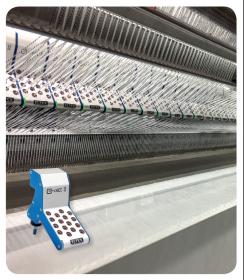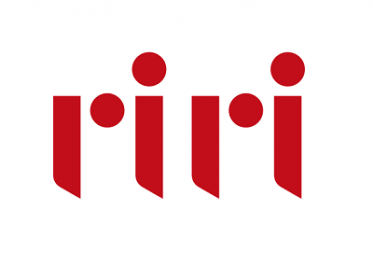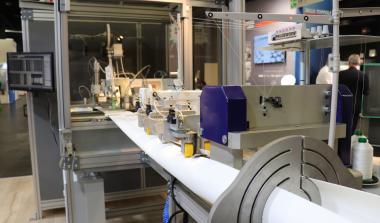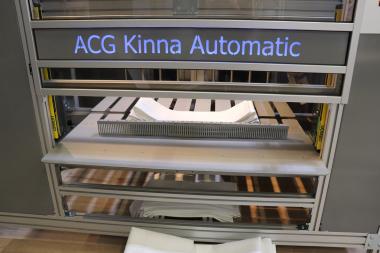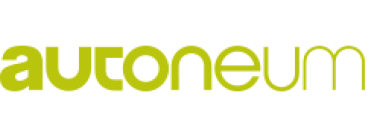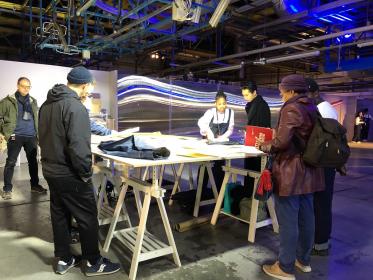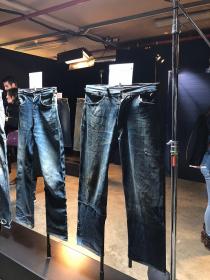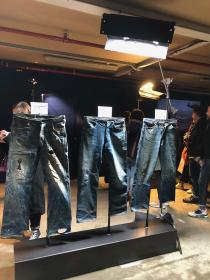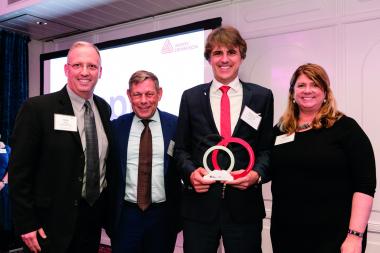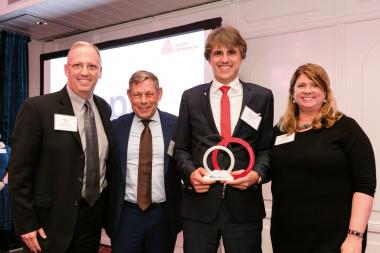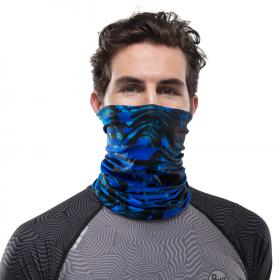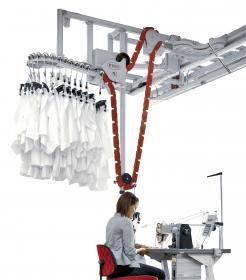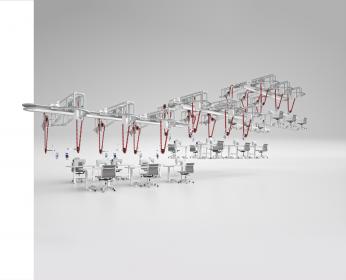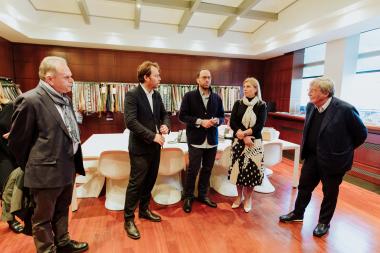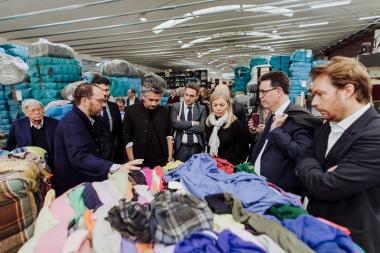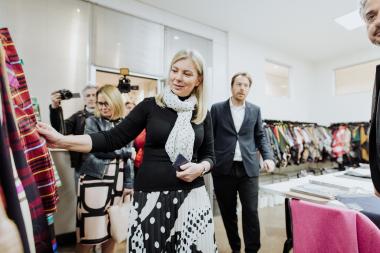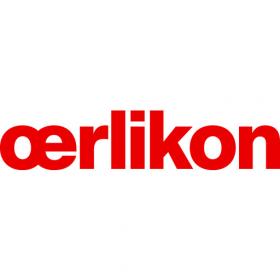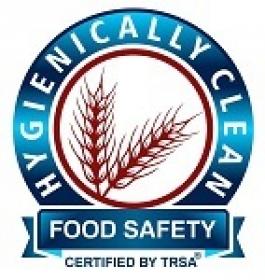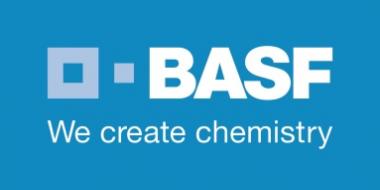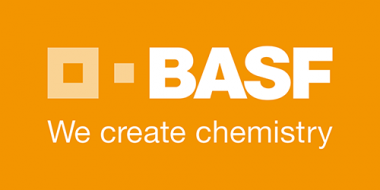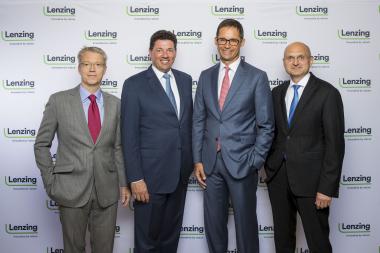USA: Call of Nation to Produce Medical Face Masks
Coalition of Iconic American Apparel Brands & Textile Companies Heeds Call of Nation to Produce Medical Face Masks
A coalition of iconic American apparel brands and textile companies, responding to the urgent call of the White House for medical supplies, have come together to build a supply chain virtually overnight and fast-track the manufacturing of medical face masks to help hospitals, health care workers and citizens battling the spread of the COVID-19 disease.
Parkdale Inc.-- the largest yarn spinner in the U.S. headquartered in North Carolina—helped lead the effort to build the coalition with Hanesbrands, Fruit of the Loom and six other companies to set up a manufacturing supply chain and begin ramping up production of the masks.
The coalition consists of iconic American brands such as Hanesbrands and Fruit of the Loom, often competitors in the marketplace, who are banding together for the greater good of a nation facing one if its most monumental challenges.
American Giant, Los Angeles Apparel, AST Sportswear, Sanmar, America Knits, Beverly Knits and Riegel Linen are also part of the coalition working tirelessly to respond to a national emergency in the nation’s time of need.
Dr. Peter Navarro, assistant to the President and director of the White House Office of Trade and Manufacturing Policy, worked with the coalition and helped expedite the production of these masks. The first face masks have been approved by the U.S. Department of Health and Human Services.
The companies expect to begin production on Monday and will make the first deliveries by mid-week.
They are dedicating their assets, resources and manufacturing capacities to create a high output of facemasks. Once fully ramped up in four to five weeks, the companies expect to produce up to 10 million facemasks per week in the United States and in Central America.
If companies are interested in dedicating resources to help the cause, please reach out to the National Council of Textile Organizations at kellis@ncto.org
NCTO is a Washington, DC-based trade association that represents domestic textile manufacturers, including artificial and synthetic filament and fiber producers.
- U.S. employment in the textile supply chain was 594,147 in 2018.
- The value of shipments for U.S. textiles and apparel was $76.8 billion in 2018.
- U.S. exports of fiber, textiles and apparel were $30.1 billion in 2018.
- Capital expenditures for textile and apparel production totaled $2.0 billion in 2017, the last year for which data is available.
National Council of Textile Organizations





